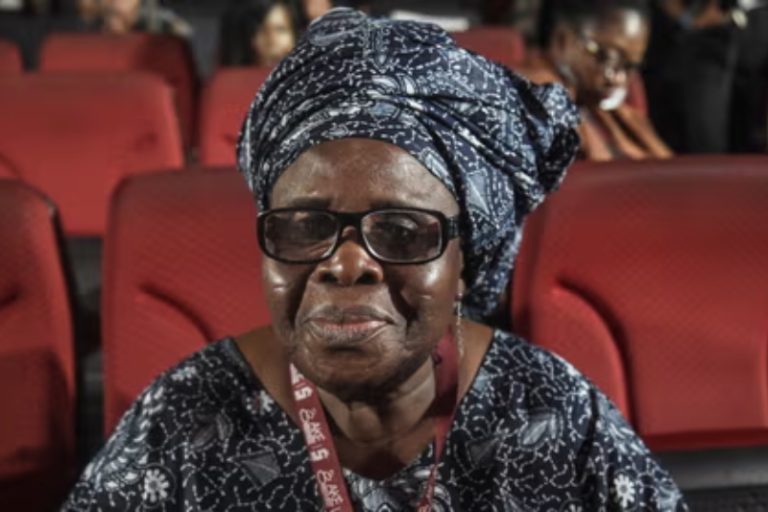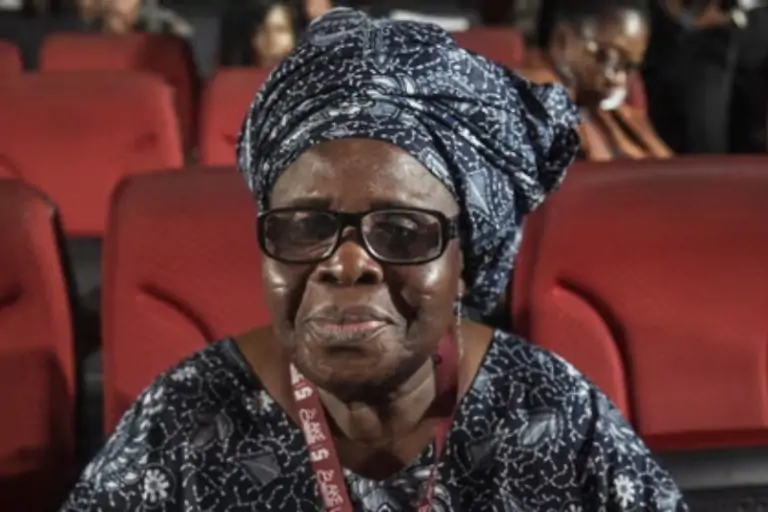

renowned ghanaian author and feminist ama ata aidoo passes away at 81
Ghanaian Ama Ata Aidoo, one of Africa’s most well-known writers and dramatists, passed away at the age of 81. Renowned feminist Aidoo wrote about and embraced African women’s plight in pieces like Changes, Our Sister Killjoy, and The Dilemma of a Ghost. As she put it, “Western perception that the African female is a downtrodden wretch.”
Early in the 1980s, Aidoo was also Ghana’s education minister; nevertheless, she resigned when she was unable to make education free. “Our beloved relative and writer” went suddenly after a brief illness, her family said in a statement, asking for privacy so they may grieve.
Professor at a university, Aidoo is the recipient of numerous literary honors for her plays, novels, and poetry. Her 1992 Commonwealth Writers Prize-winning work Changes tells the tale of a statistician who marries a polygamist after divorcing her first spouse. Along with plays by other greats like Wole Soyinka and Chinua Achebe, her work has been read in classrooms throughout West Africa.
In 2014, she said to BBC HARDTalk’s Zeinab Badawi, “In retrospect, I suppose I could describe myself as a writer with a mission.” But when I first started writing, I had no idea I had a purpose. Sometimes people ask me things like, “Why are your women so strong?” It is the only woman I know, I say.”
Her impact on the next generation of writers was enormous, and among them was the multi-award-winning Chimamanda Ngozi Adichie of Nigeria. Adichie penned a feature on Aidoo for The Africa Report in 2011:
“When I first came across Ama Ata Aidoo‘s work—a little book on a dusty shelf in our neighbor’s study in Nsukka [in south-eastern Nigeria]—I was astounded by the realism of her characters, the assurance of her touch, and what I like to refer to, in a rather awkward way, the validating presence of complex femaleness. My discovery of Anowa, tragic, humane, and many-dimensional in Aidoo’s play set in the 1800s in Fantiland; of Sissie, the self-assured, perceptive main character of the ambitious novel Our Sister Killjoy, who wryly recounts her experiences in Germany and England in the 1960s; or of the varied female characters in No Sweetness Here, my favorite of Aidoo’s books, was a marvel because I had not often seen this complex femaleness in other African books I had read and loved.”
In 2020, Nigerian Afrobeats musician Burna Boy featured her potent critique of colonialism and the continuous exploitation of Africa’s resources in her song Monsters You Made:
Ever since we first met you folks 500 years ago. Look at us; we have given it all. You’re still taking. Nothing has been exchanged for that. Nonsense. That you are aware of. But surely this is now over, don’t you think? Where is the over? When will it end?
1942 saw Ama Ata Aidoo’s birth in a little community in the central Fanti-speaking area of Ghana. She owed a great deal to her father, who had founded the village’s first school. She made the decision to become a writer when she was fifteen, and after being urged to enter a competition, she did so in just four years.
As she looked back on her career, Ata Aidoo once stated, “I won a short story competition but learned about it only when I opened the newspaper that had organized it and saw the story had been published on its center pages and realized the name of the author of that story in print was mine.” “I think these were significant times for me because I had expressed a dream, and seeing my name in print was a big validation for me as a writer.”
She continued on to the University of Ghana to study literature, became a lecturer, and released her debut play in 1964. Following her 18-month political career, she spent some time in self-imposed exile in Zimbabwe before deciding to write full-time.
The 2025 edition of AFCON will be hosted by Morocco which serves both the high-level competition and as a catalyst…
The Christian community marks Good Friday as its deepest holiday to remember when Jesus died at Calvary. The Christian community…
Art has the potential to take the talents from any regions across the globe, and this world has witnessed one…
Thousand of users worldwide face a discontinuation of WhatsApp services on older Android versions as Meta has officially announced this…
Disaster teams in KwaZulu-Natal stand ready to respond to persistent rainfall while drivers should approach roads with care. According to…
Starlink the satellite internet company by Elon Musk is growing fast in Africa. It now works in more than 20…
This website uses cookies.